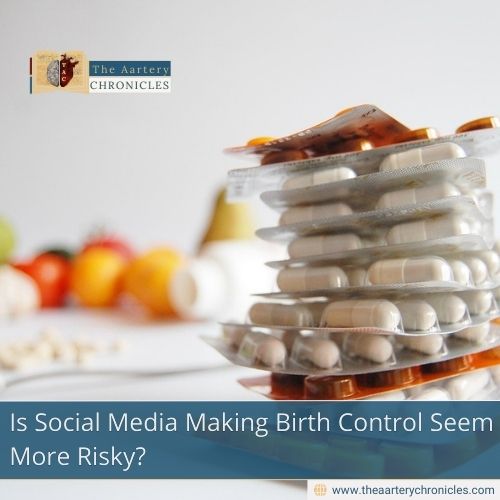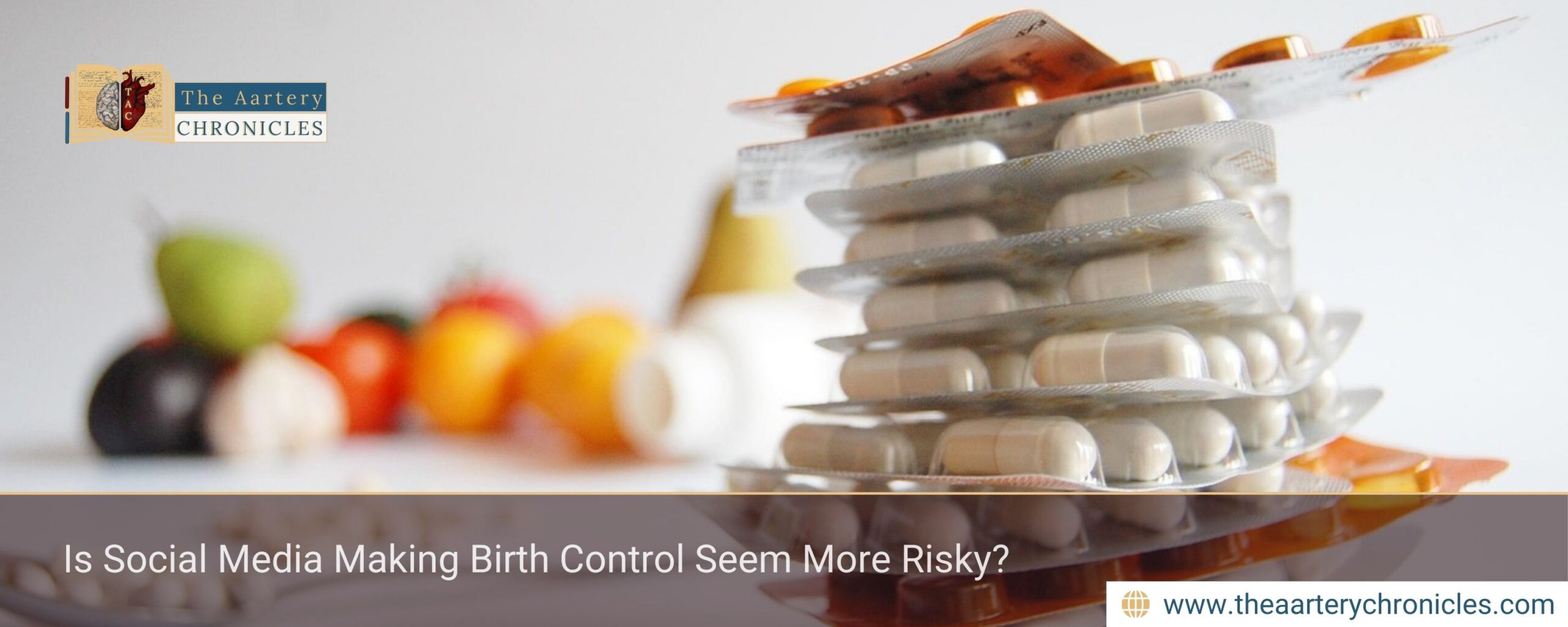

Is Social Media Making Birth Control Seem More Risky?
Social media is playing a key role in shaping a negative opinion on contraceptive pills, which may be influencing women to stop using them earlier than expected, new research suggests.
A team from the University of Sheffield has identified a psychological response called the “nocebo effect”, where negative expectations about a medication can actually trigger physical symptoms once it is taken.
The Nocebo Effect: The “Evil Twin” of the Placebo Effect
While the placebo effect is known for producing positive benefits from an inactive pill, the nocebo effect works oppositely. In the case of oral contraceptives, women who expect harmful side effects may begin to experience symptoms such as fatigue, low mood, or anxiety, even if the drug itself is not the direct cause.
Dr. Rebecca Webster from the University’s School of Psychology explained:
“The contraceptive pill often gets negative attention, particularly on social media. We wanted to explore how these negative views might be shaping women’s real-life experiences with oral contraception.”
Study Findings
The research, published in Perspectives on Sexual and Reproductive Health, surveyed 275 women aged 18 to 45 who had used the contraceptive pill within the last 18 months.
Key findings include:
- 97% of women reported at least one side effect.
- 54.2% (149 women) continued using the pill during the study period.
- 45.8% (126 women) discontinued use, with 42 women switching to less effective alternatives.
Statistical analysis pointed to four main psychological factors increasing the risk of negative side effects:
- Starting the pill with the belief that it would be harmful.
- Low trust in how medicines are developed.
- Belief that medicines are overused and damaging.
- Self-perception of being overly sensitive to medications.
Why Women Are Stopping the Pill
According to the researchers, many women discontinue oral contraceptives not solely because of medical side effects but also due to these psychological influences. This shift often leads them to adopt less reliable methods of contraception, raising concerns about unintended pregnancies.
Dr. Webster added that while side effects are genuine, some may be amplified by psychological expectations. Developing interventions to address these fears could help women make more confident choices about birth control.
Conclusion
The study highlights how negative opinions on contraceptive pills circulating on platforms like social media may be fueling anxiety and influencing women’s health decisions. Recognising the nocebo effect and addressing misinformation could play a key role in supporting women who rely on oral contraceptives for safe and effective family planning.
Source: Inputs from various media Sources
Conclusion
I’m a pharmacist with a strong background in health sciences. I hold a BSc from Delhi University and a pharmacy degree from PDM University. I write articles and daily health news while interviewing doctors to bring you the latest insights. In my free time, you’ll find me at the gym or lost in a sci-fi novel.
- Priya Bairagi
- Health News and Updates,People Forum
- 15 September 2025
- 15:00








